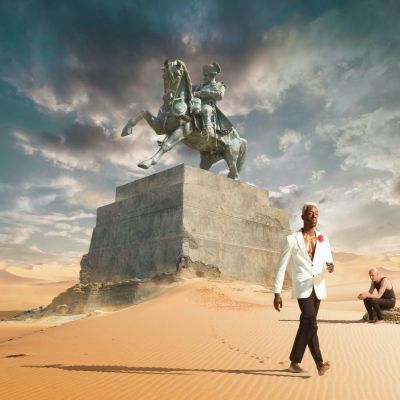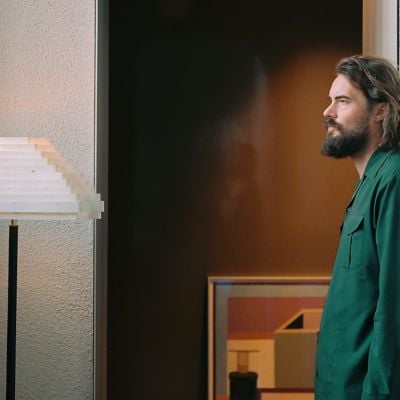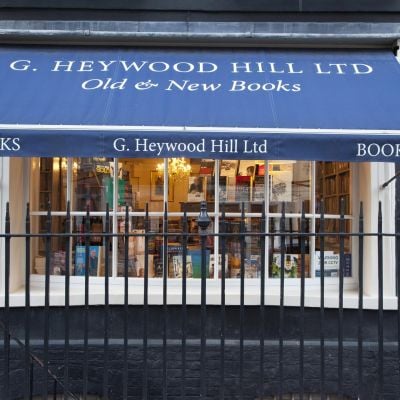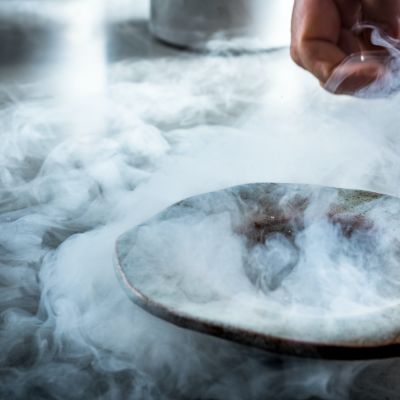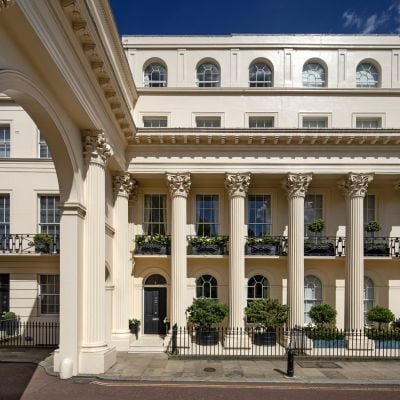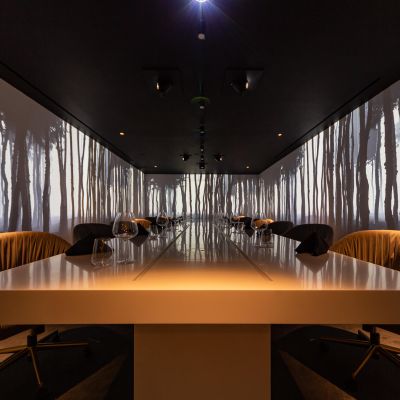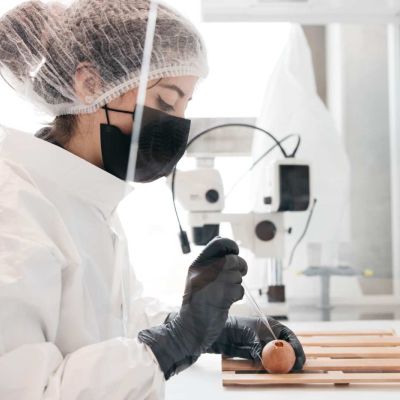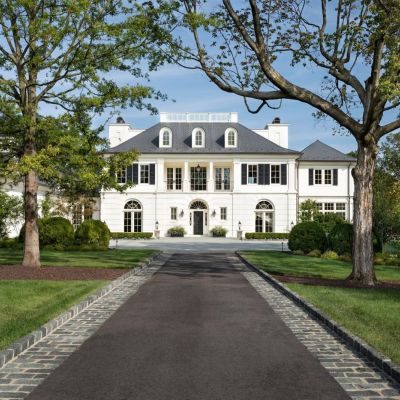Norway's Ethereal Beauty
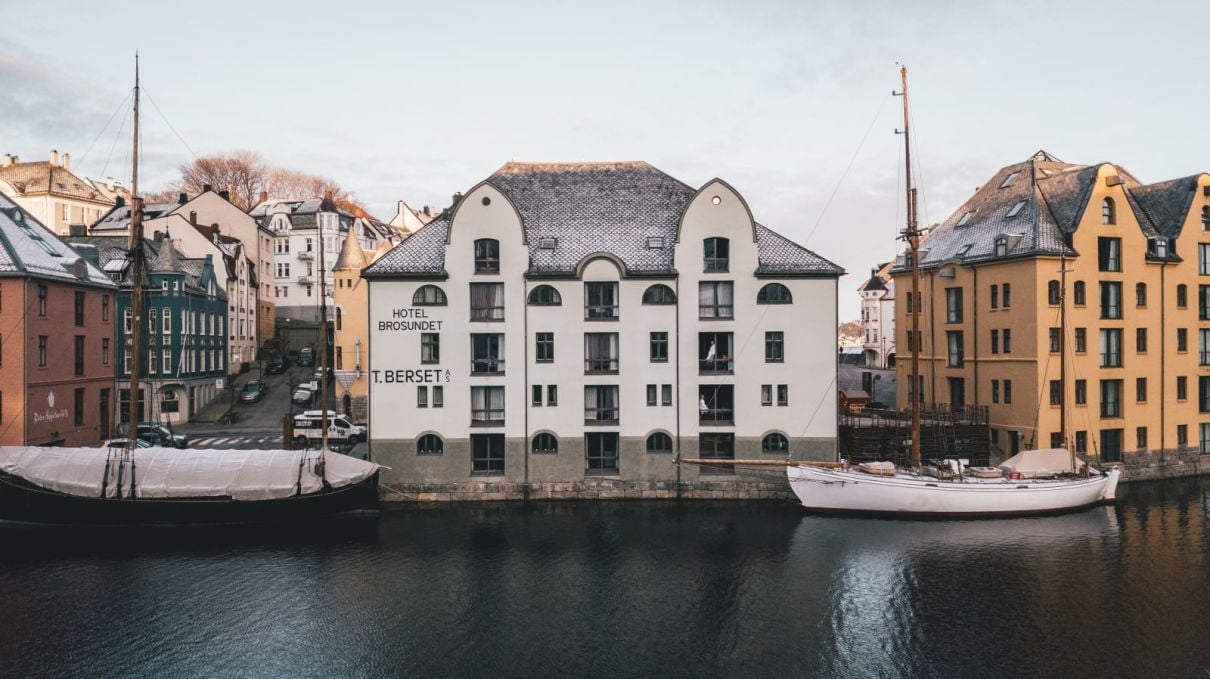
A deep commitment to sustainability is the story behind a Norwegian travel company.
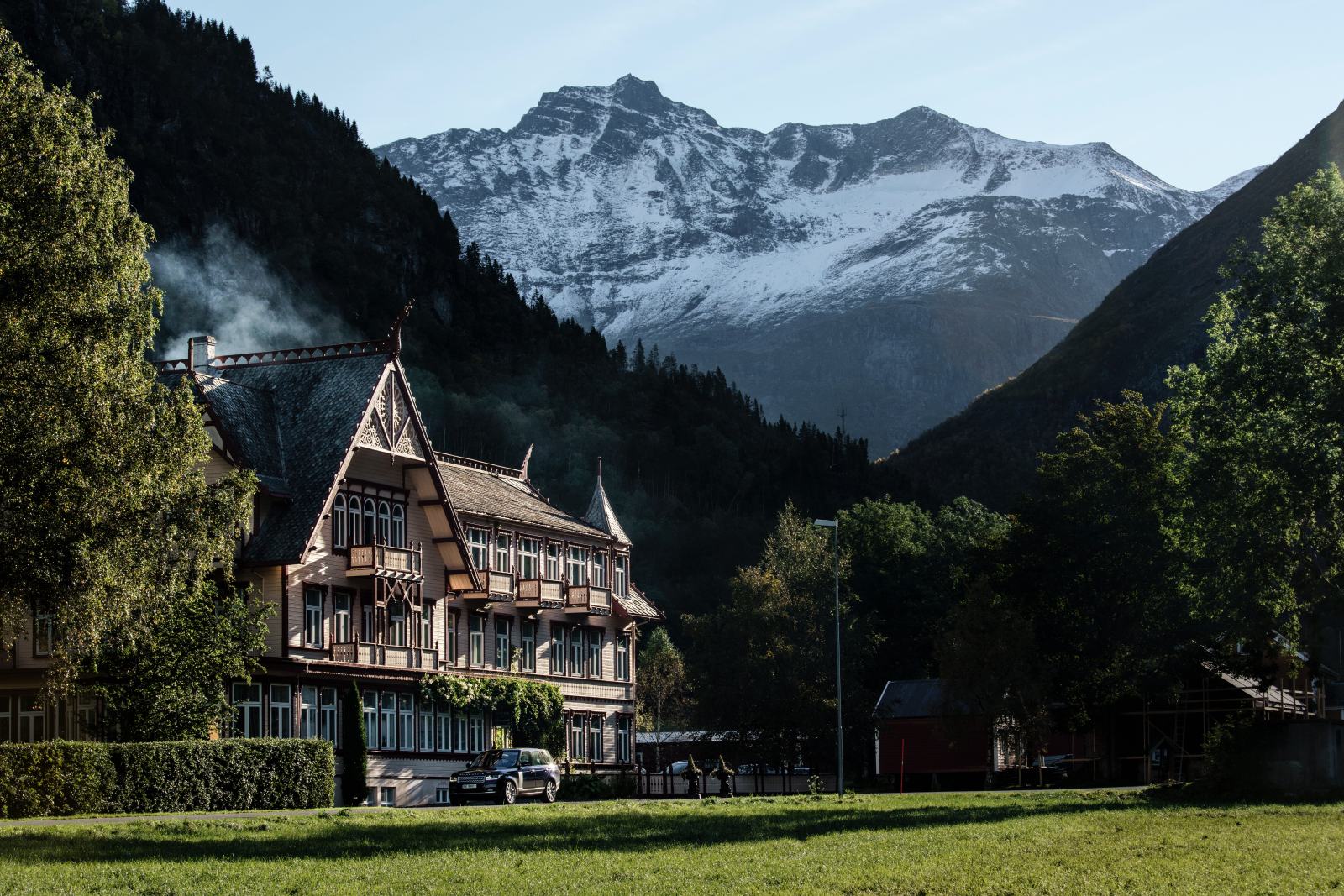
Knut Flakk, founder of experiential travel company 62°Nord, is passionate about social initiatives, eco-travel and protecting the environment. Over the years, Flakk has built a number of new businesses and enterprises. All are run according to a ‘triple-bottom-line' theory: planet, people, and profit, in that order. Since its inception, 62°Nord has generated more than 150 jobs and the group has contributed close to US$10 million to the local economy (salaries, purchases from local suppliers and profits).
We sat down to talk with Knut Flakk, a visionary entrepreneur who has sustainability and social initiatives at heart.
Was there a trigger for you focusing on sustainable travels?
It’s hard to pinpoint what the trigger was. Both my parents grew up on a farm and I was raised close to nature, where the scenery, rugged coastline and fjords are splendid. I was also a Boy Scout, which meant I was outside for all seasons of the year. As I started to appreciate the values of nature, I wanted to protect it. I was conscious of that long before it became the key focus in running a business.
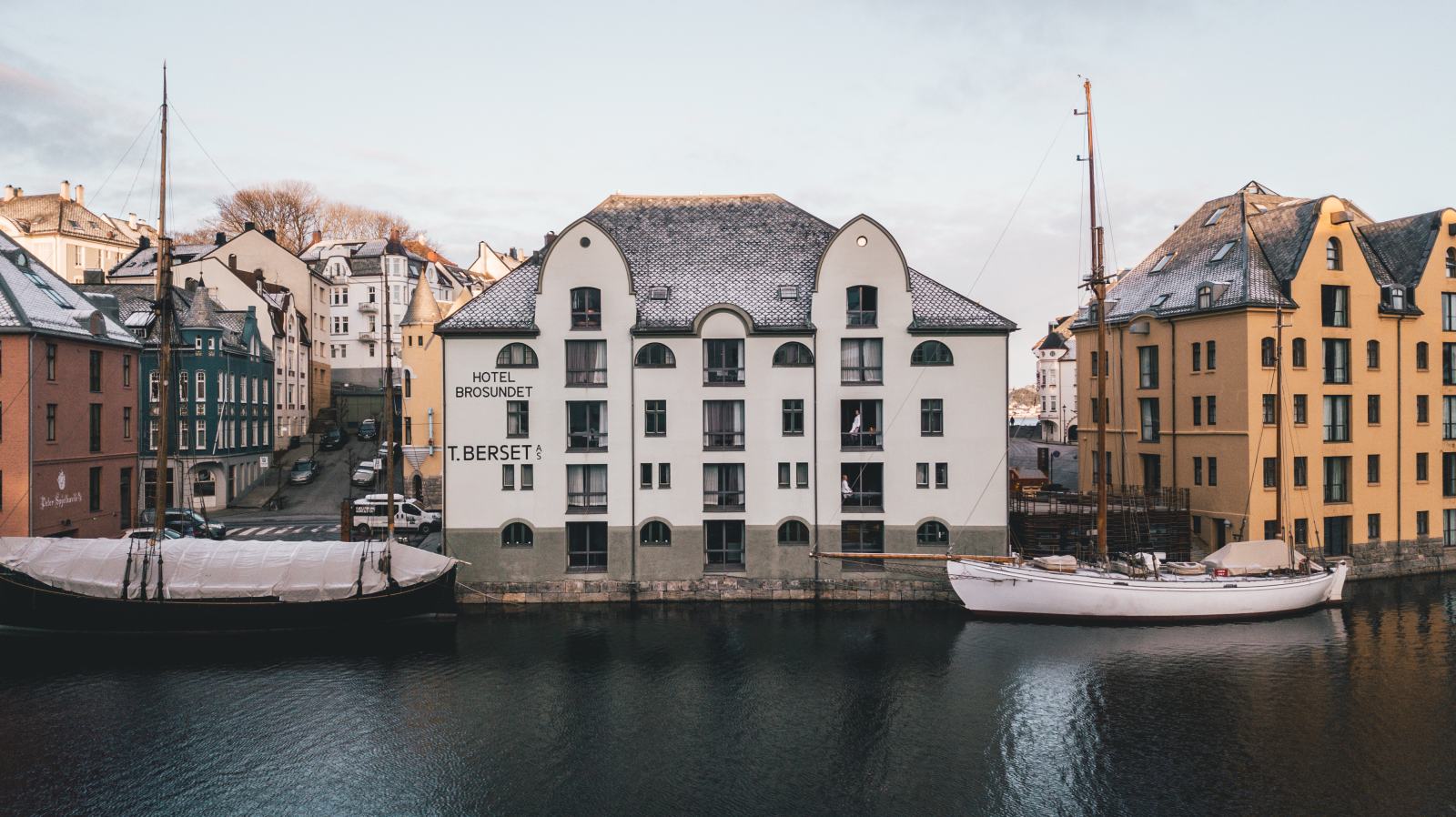
How does running a wool business relate to developing a high-end experiential travel company?
We acquired the Devold textile business 30 years ago, in 1989. It was the oldest textile company in Norway still in operation. It took us 10 years to turn it around and make it work. Today, it is the leading wool brand in Norway. I was 29 back then, but, with experience, I can now see how the wool business and 62°Nord share the same values. On the one hand, there is a unique fibre that is natural, sustainable and renewable. On the other, a high-end experiential travel company, which is built around protecting the land, the people and Norwegian culture. At Devold, we work directly with farmers who are adamant about animal welfare; buying from them year after year means we can trace back every yarn. At 62°Nord we build the same trust with people, buildings and places. To care and protect is very much part of our philosophy.
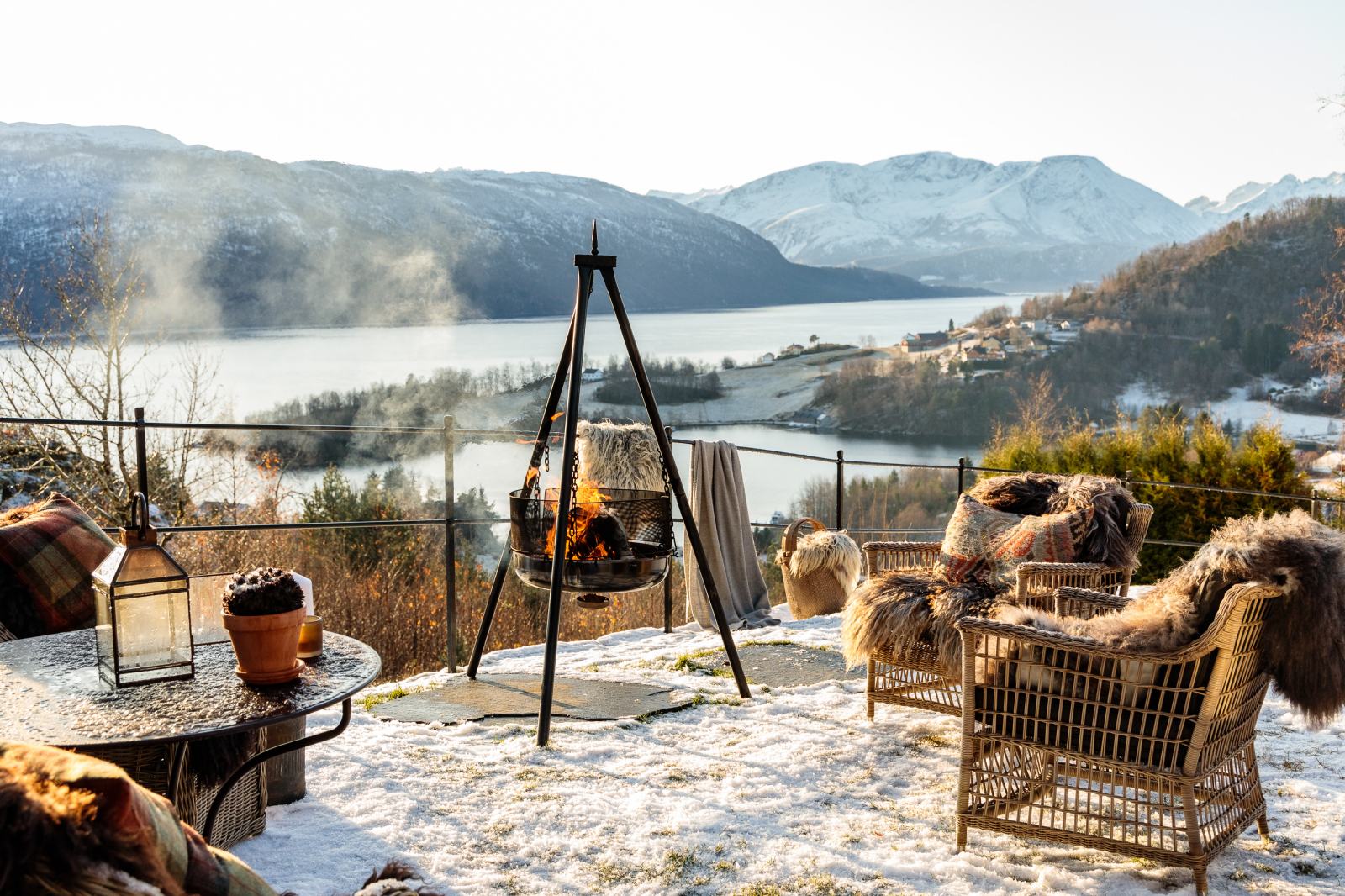
How did 62°Nord begin?
In 2003, faced with the rise of labour costs, we had to close down Devold’s Norwegian operations and transfer them to Lithuania. We had no other means to survive in the long run. It was a difficult decision to take. The Devold factory had been running for 150 years. How could we then create jobs that would be sustainable in the long run? As an avid skier and hiker, I always wanted to share the Norwegian mountains and fjords with the world. What if we could develop it in a way that positively impacted people? What kind of sustainable and competitive business could we build in the long run? As hospitality was new to us it took us some time to understand how this would work.
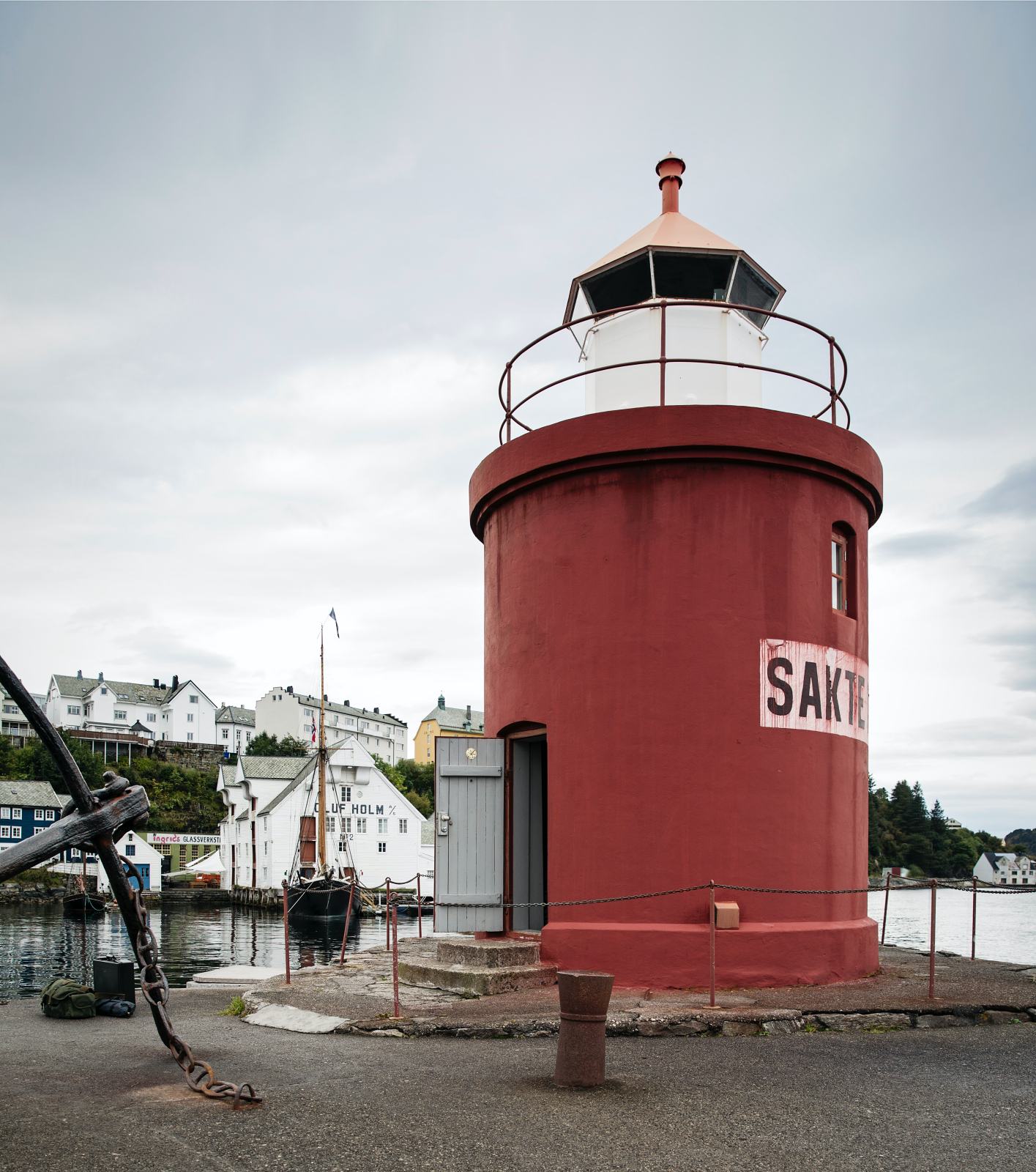
You believe in a ‘triple bottom line’, including planet, people and profit. Can you please explain this theory and its application?
Our goal is to achieve maximum return in capital, while preserving the environment and enhancing social welfare. Making money is important but should not be seen as the end game; it is an instrument that enables us to care for people and the planet. And that gives you so much more purpose at the end of the day. To improve people’s lives and take care of nature, in a better way than previous generations, is what we are dedicated to. You can only apply it by taking your time. If you become greedy when developing, you will destroy your product and the planet. It also makes sense to focus on the high-end market. Not only is the footprint lower, but visitors engage more and make a higher contribution to protecting the wild once they’ve experienced it.
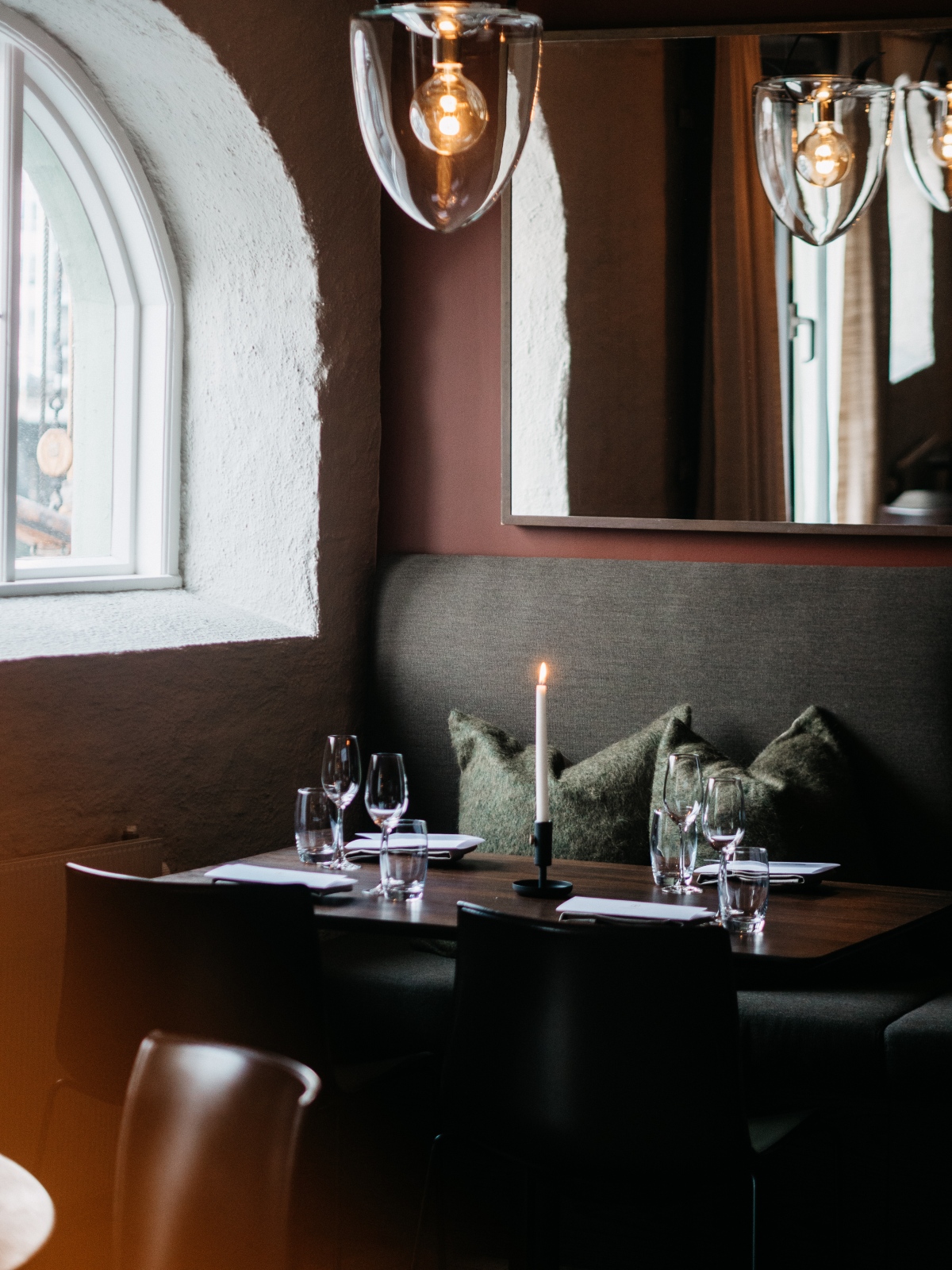
How did the acquisition of Hotel Union Øye help protect Norwegian culture and traditions?
Sitting at the end of the Hjørundfjord, Hotel Union Øye was built in 1881. It is one of Norway’s historic hotels. Two decades ago, it was run down with hardly any activity. It was bought by a trio of investors who started to renovate it. In 2008, we took over, acquired the hotel, and have continued to restore it in a traditional way to convey local culture and traditions. At the end of the 19th century, it became an important spot for climbers, especially British ones. It was important for us to expand the hotel in its original style, to bring visitors back in time. It’s challenging on a day-to-day basis but can be done if you are willing to spend a little more and money. By staying true to the history of the hotel, we are adding value to it in the long run; we will even be developing an 1890s-style British garden around the hotel.
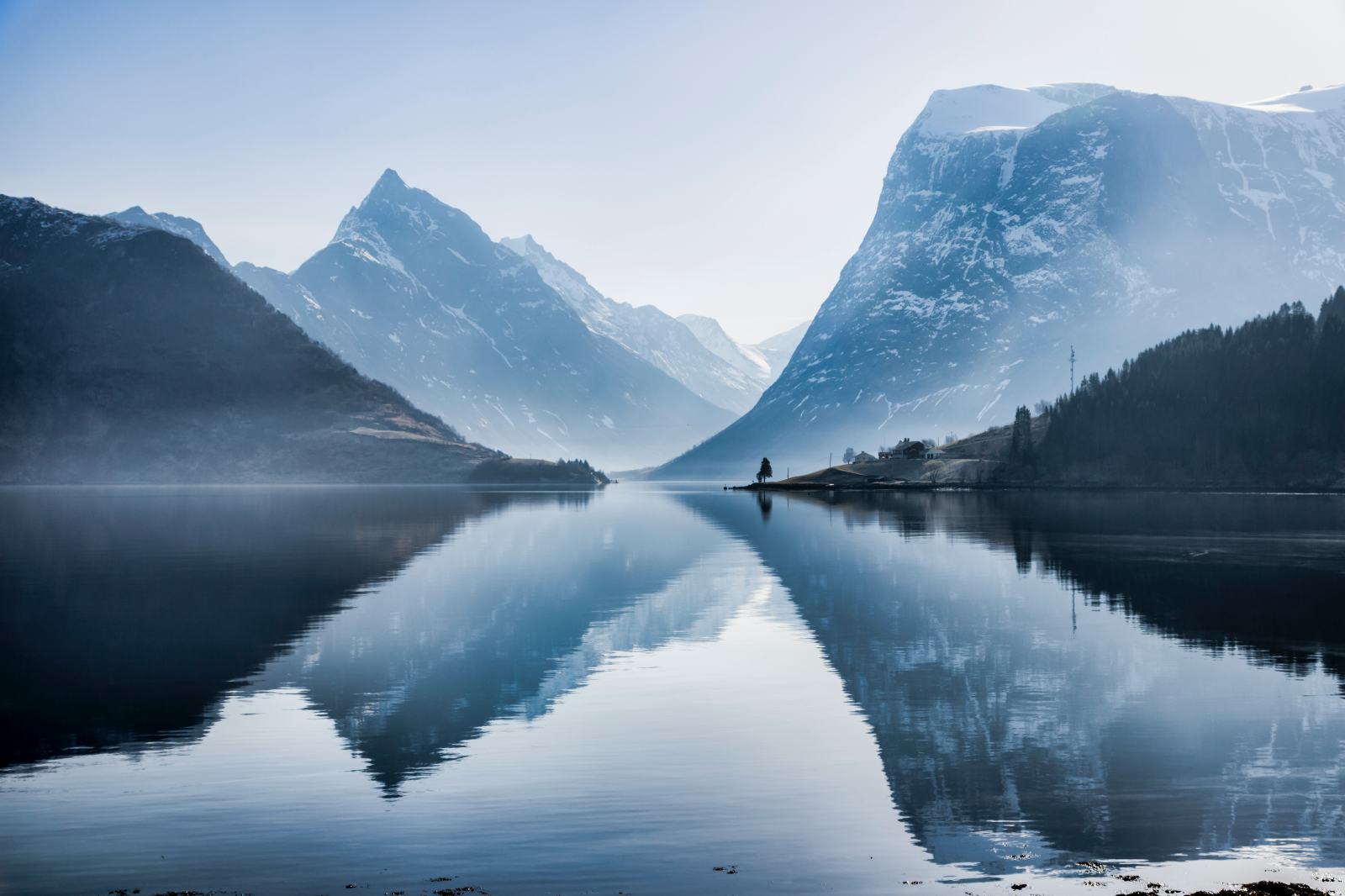
You are also involved in creating a hydrogen hub to bring transport emissions in the fjord to zero. Can you tell us more?
Hydrogen will be needed as an energy carrier in the sustainable revolution. Hydrogen is an efficient way to store renewable energy. A UNESCO-listed heritage site, the Geirangerfjord is accessible by ferry from Ålesund, where a surplus of electricity is produced. The aim is to create a hydrogen infrastructure capable of providing the local ferries with hydrogen-powered engines. We are completing the planning and regulatory paperwork at the moment and intend for this new energy hub to be running by the end of 2022. As this project unfolds, we are hoping to develop many hubs in other parts of the country.
What is your vision for the future of 62°Nord?
There is a growing awareness of the need to protect nature and, as a businessman, I can contribute. As for the near future, there are many projects, but all will be in line with our philosophy: providing luxury in the Norwegian way, preserving culture, empowering people and protecting nature.
For more information on 62°Nord click here.


